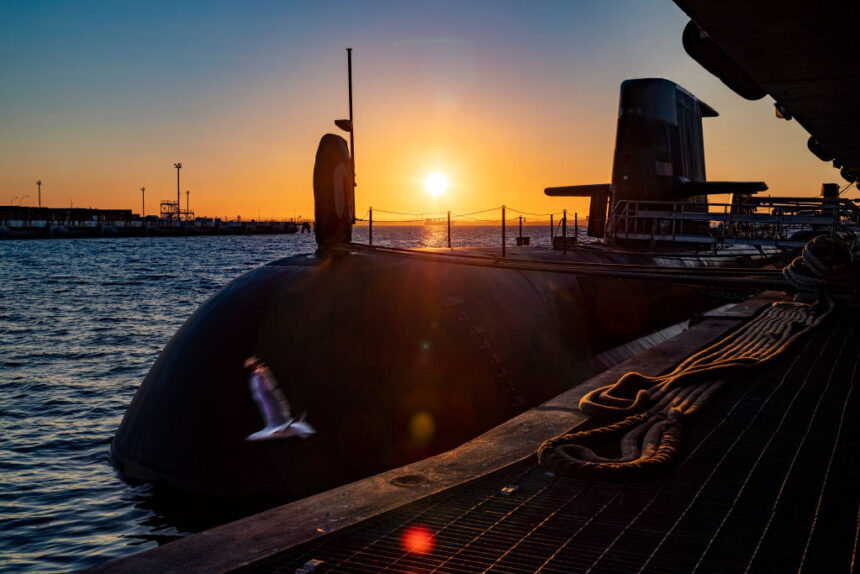According to Michael Shoebridge, the Director of Strategic Analysis Australia, the technology exchange aspect of AUKUS is more important than the purchase of nuclear-propelled submarines, but it is facing challenges. Shoebridge explains that the United States does not currently have the capacity to deliver the submarines promised to Australia, as highlighted in a recent report to Congress. He notes that any submarines not under construction now will not be available until the early 2030s, which is when Australia expects to receive its first submarine. Shoebridge also mentions that Australia is lagging behind in implementing its part of AUKUS, particularly in terms of infrastructure development. He points out workforce constraints as a significant challenge for Australia in delivering its commitments under AUKUS. Shoebridge emphasizes that while Pillar One of AUKUS may face difficulties, the focus should be on Pillar Two, which aims to reset the military balance in the Indo-Pacific to deter Beijing from war. However, he notes that Pillar Two is currently stuck in regulatory and policy issues between the three governments involved.
Enhanced ITAR Controls in UK and Australian Defence Sectors
Pillar Two aims to introduce new technologies into the defense sector of the UK, Australia, and the US military.
Shoebridge highlights the importance of incorporating technologies such as commercial drone technology, data analytics, AI, and cyber technologies into military operations.
However, he expresses concern that the current implementation of Pillar Two may not effectively bring new entrants with commercial technologies into the defense sector but instead create barriers for Australia’s defense industry.
Refocusing AUKUS Efforts on Beijing
With discussions in Congress about the possibility of the US not supplying nuclear-propelled submarines to Australia, Shoebridge emphasizes the need to refocus AUKUS efforts on countering the CCP’s influence in the region.
He suggests considering alternatives proposed in the Congressional Research Service report, such as acquiring B21 bombers and investing in autonomous systems for all three militaries.
Shoebridge recommends leveraging the capabilities of medium and small companies, including those outside the traditional defense sector, to rapidly develop affordable military capabilities.
Following the recommendations in the CRS report would enhance deterrence against China and provide reassurance to regional partners.






